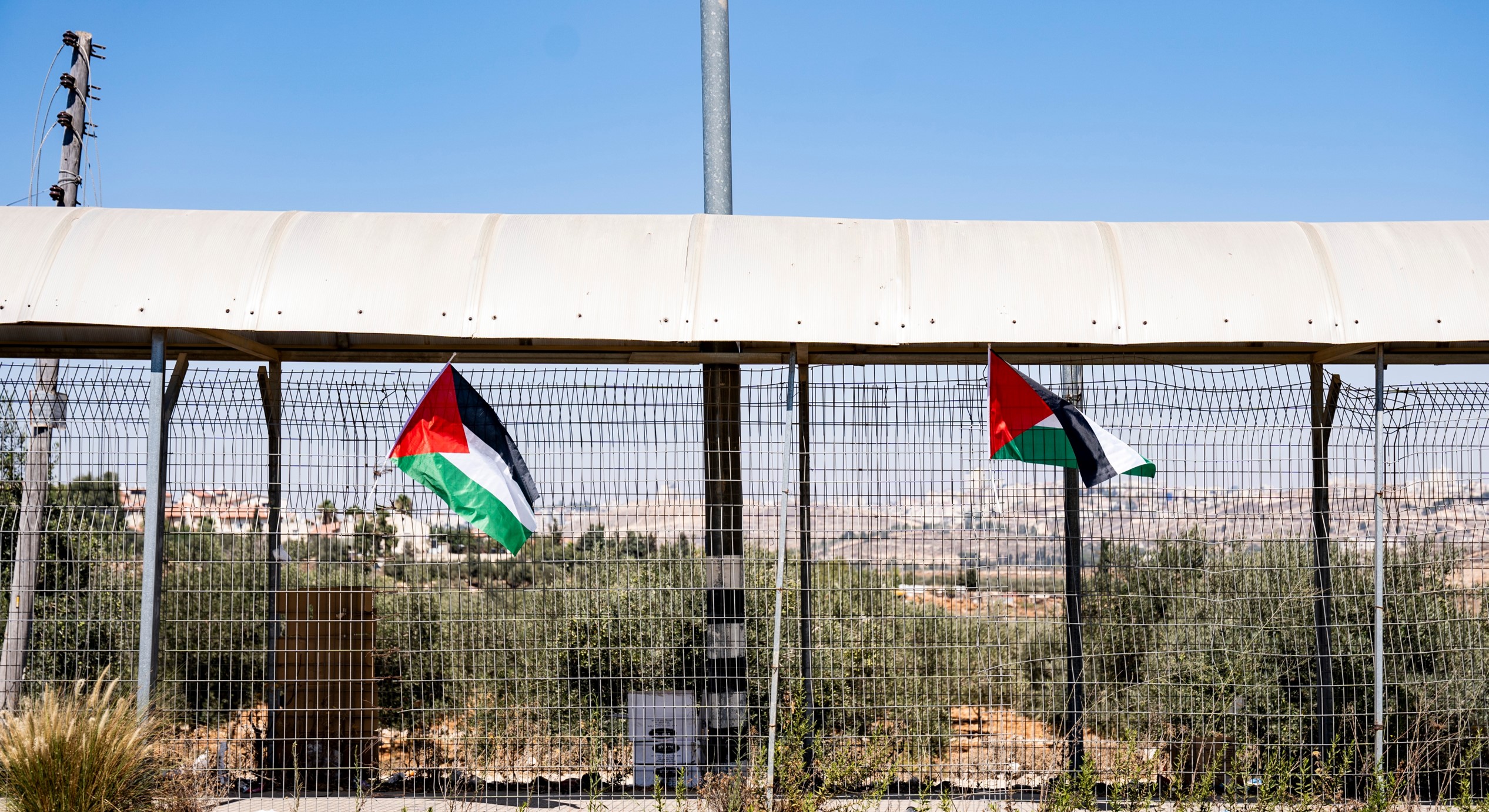
Water rights in Palestine: Unfair Israeli Practices
by Minas Al-Kilani, Hadeel Hamed and Lynn Zinati
Water rights in Palestine are considered among the greatest challenges facing the Palestinian people, as a result of Israeli practices and violations of the Palestinian right to access and use water, in violation of all international laws and norms that guarantee this right to every human being. Israel continues to deprive millions of Palestinians of their right to access and use water, hence it is important to shed light on the ongoing and unfair Israeli practices and violations of water rights in the West Bank and Gaza Strip, in particular after October 7th in Gaza Strip, where the population is currently enduring a catastrophic humanitarian crisis, and since that date, access to water has become one of the most urgent and immediate challenges.
The origins of the problem traces back to the “Nakba” of 1948, when the Israeli occupation consolidated complete power over most of the water- abundant areas (outside the borders of the partition resolution). After 1967, Israel occupied the Syrian “Baniyas” River, which feeds the Jordan River, and the “Golan Heights” that are exceptionally rich in water resources. Consequently, the Israeli occupation issued numerous military resolutions undermining the Palestinians rights to access water: Israeli Military Resolution No. (92), which stipulates the transfer of authority over water resources to the military commander in the region, then Resolution (158) has been issued, which prohibits unauthorized construction to establish any water infrastructure. According to international law, the “Johnston Plan of 1955,” Palestinians are entitled to access about 250 million cubic meters of the Jordan River, but in fact, Palestinians are lacking access to almost anything, as Israel pumps about 700 million cubic meters out of it annually1.
Israel controls 80% of the total water reserves in the West Bank, In addition to, preventing Palestinians from digging wells - deepening them – and even prohibiting them from transferring water between communities and governorates. If we look at the average Palestinian water consumption per capita, it is one-third of an Israeli individual average consumption, including settlers, and this rate drops to reach one-tenth in the communities not connected to water networks, by almost 26 liters per capita per day, which is equivalent to water average consumption of the areas globally classified as "disaster areas”.
Studies indicate that Israel controls 85% of the groundwater reservoir, which is equivalent to “500-600 million cubic meters.” Moreover, 70% of the settlements in the West Bank are located on the eastern aquifer basin in the West Bank, and 45% of these settlements are located in particularly sensitive areas as per the feeding of the mountain aquifer in the West Bank. These settlements unjustly monopolize a large percentage of groundwater, and deprive Palestinian farmers of irrigating their lands2.
Speaking of the Water Authority, which was formed by Presidential Decree No. 90 of 1995 3in addition to Water Law No. 2 of 1996, this authority was established to manage, protect and preserve limited water resources within healthy regulatory tools by balancing the quantity and quality of the available water with the urging need of the Palestinian people for water. Subsequently, the Water Law No. 3 of 2002, and the Decree - Law No. 14 of 2014, were issued in order to define the framework and levels of the water sector in Palestine and to clarify the powers assigned to the Water Authority.
Speaking of Israeli practices, the Israeli occupation imposes many restrictions on the Palestinians use of water, including: restricting the use of agricultural artesian wells, not to mention the destruction of the existing water facilities. In case the Israeli occupation approves wells digging, the Palestinian side is constrained not to dig at a depth exceeding 140 meters. In most cases, obtaining drilling permits is nearly impossible, while the settlements, in flagrant violation of international law, continue to dig agricultural wells without restrictions or conditions.
Recent publications

